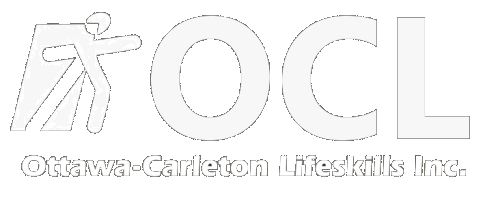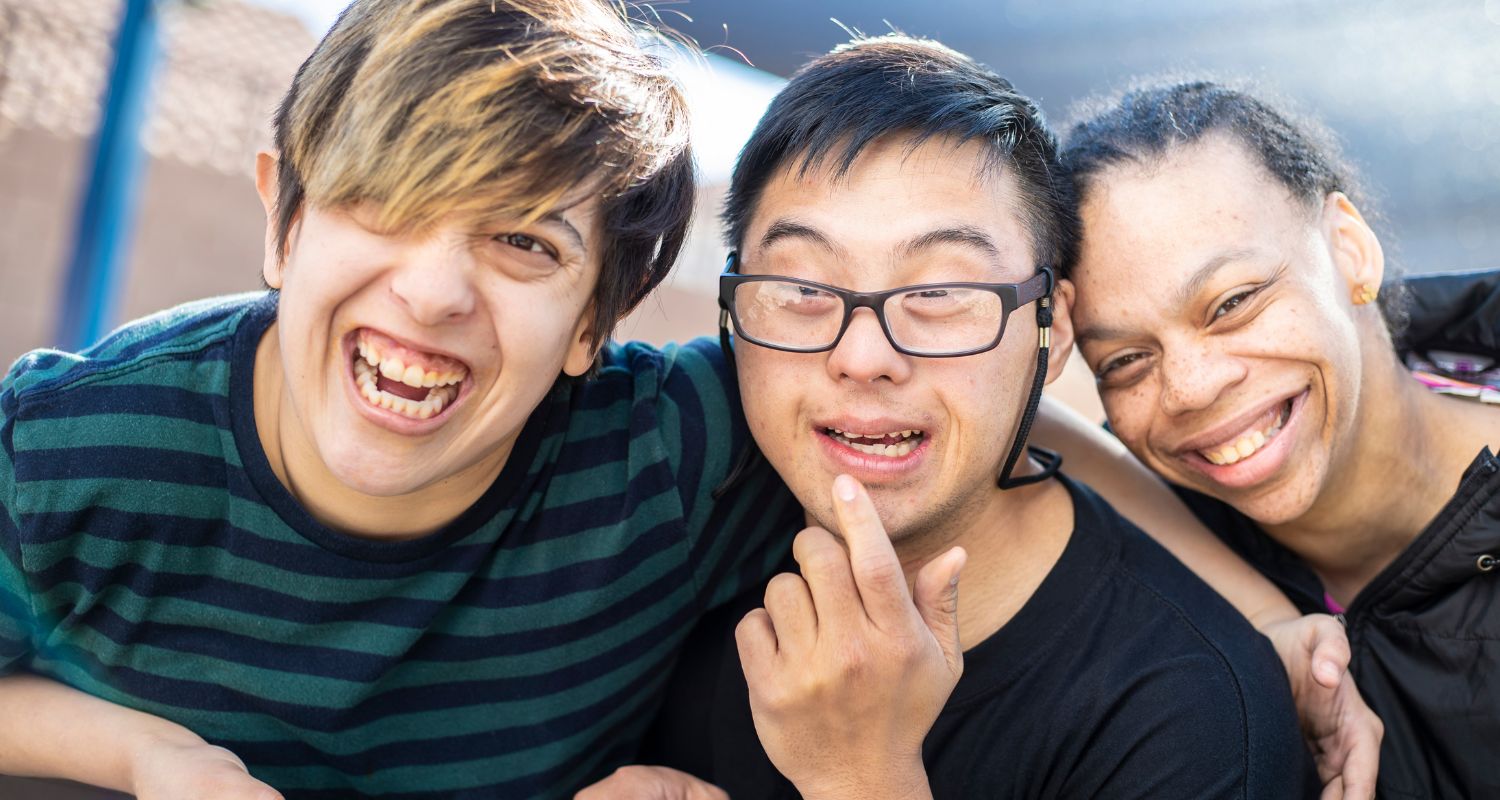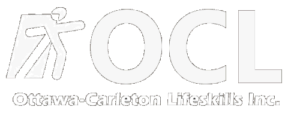Table of Contents
An adult with a developmental disability may be able to live independently and go to school or work with the appropriate support. Such a person may need help cooking, going to the bank, getting around, making friends, going to the doctor, or working. Down syndrome, autism, and traumatic brain injuries are three of the most well-known intellectual or developmental disabilities. Many families take care of someone who has a developmental disability.
The Right Path to Improved Wellness
You’re a caregiver if you care for a family member or friend with a developmental disability. As a caregiver, you can give basic care to another person by doing the following:
- Providing emotional support
- Bathing them
- Keeping them company
- Driving
- Shopping
- Giving medicine
- Dressing them
- Running errands
- Feeding them
- Paying bills
- Cooking
Some people with developmental disabilities have difficulty with communication; this is especially hard when you need to explain why they’re trying to communicate with doctors and dentists. Provide ongoing support to your loved one and provide clarification to a medical professional when required.
If so, here are some helpful suggestions:
- Tell the doctor about any health problems the person is having (or has had in the past).
- Make a “health journal” for the person you care for in a notebook and bring it to doctor visits.
- Tell the doctor what medicine the person is taking right now. Bring these medicines with you to the appointment, or make a list. Include information about when and how often the person you care for takes the medicine. You should also write down how much the medicine is; for example, is the person you care for taking 150 mg or 200 mg?
- Tell the doctor about any obvious side effects the medicine has on the person you are caring for.
- Don’t hesitate to ask questions.
 Talk to the doctor of the person you’re caring for to find local services which can help them get the social services they need to live a full life in your community. This includes things like a place to live, a job, a way to get around, education, and healthcare.
Talk to the doctor of the person you’re caring for to find local services which can help them get the social services they need to live a full life in your community. This includes things like a place to live, a job, a way to get around, education, and healthcare.
The OCL Support Program
Since 1985, we have been working to improve the quality of life for people with developmental disabilities.
OCL helps more than 200 people through a wide range of programs such as residential and day support.
OCL uses a Person-Centered Approach (PCA) to help people with developmental disabilities grow, make decisions for themselves, and be active members of their communities.
A Person-Centered Approach is a philosophy at OCL that puts the focus on the person instead of the process. This is done through personalized services and support: all goals are unique to the person and take into account the person’s culture, religious beliefs, personal goals, and way of thinking.
Call us in Ottawa at (613) 254-9400 or visit ocl.ca for more information.



